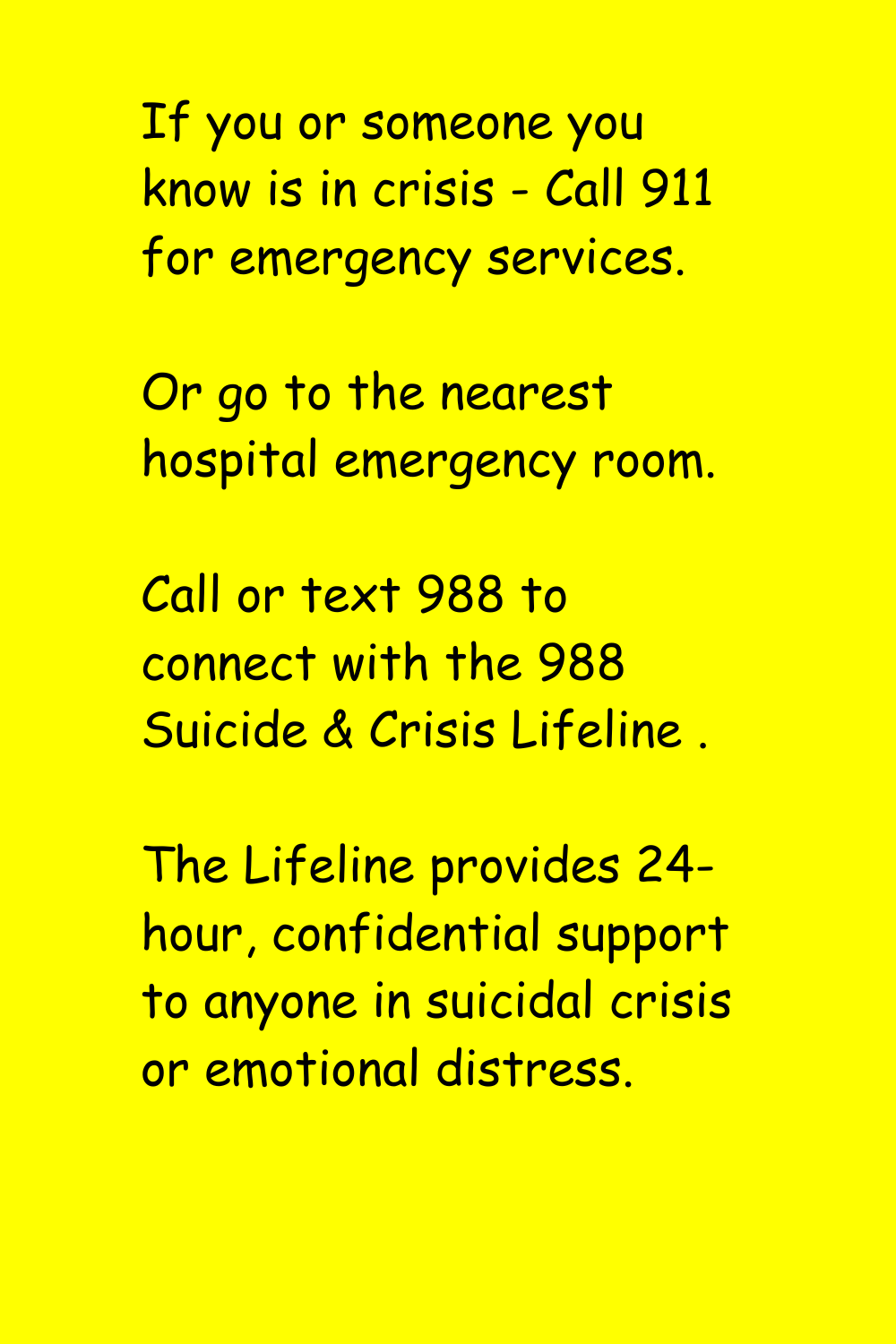 Making sure we drink enough water each day is important for our whole body and health. And is a great example that it's really all health in our bodies. When we don't have the hydration that we need we can see it change many things in our bodies from our brain to our organs, our joints, and even in how well we can control our body temperature. You may have heard not having enough water can give you a headache (true), and look at your urine color to see how hydrated you are (clear is good, dark is bad) but there is a lot more happening in your body and your brain. So let's look at some of the things that water helps make happen in your body, and then the levels of mild to moderate dehydration, and serious to chronic too. Water helps your body to move nutrition through you, and waste out of you. It helps keep your blood pressure level, and not enough of it can even make you feel light-headed. And are you tired? Have a glass of water, and move around a little, because it could just be that you are dehydrated. The cells in the body, including our brain cells, depend on this water to carry out essential functions. That means you can feel your joints are more achy just from being dehydrated. It's also needed for the production of hormones and neurotransmitters in the brain, and that includes how your memory is, and how clearly you can think, and yes even your mood. And that can even show cognitive decline. A specific that we see in the elderly, and those with memory care issues. Many times a person who is struggling with incontinence will purposely choose to not drink liquids because they don't want to have an accident. Or they may not remember they haven't had anything to drink, or have the ability to know that their mouth is dry, or that what they are feeling is thirst. Often something else happens, maybe they have a fall, heart palpitations, or decreased function and they end up in the hospital for an evaluation and on fluids. The family is then surprised to see what a change there is in their recognition, color, and memory. This is an easy explanation to see and to understand, but it's important to remember that is also true about people in general, people of all ages. Even mild dehydration can lead to a headache, because when you're dehydrated, your brain and other tissues in your body shrink, or "de-plump". As your brain shrinks, it pulls away from the skull, puts pressure on nerves, and causes pain. Same concept for your joints. Without enough water, your brain can't get enough of the amino acid tryptophan needed to create serotonin, also known as the "feel good" chemical. That's a big problem because serotonin is the neurotransmitter that regulates mood. Imagine being able to feel a little less grumpy or better, just because you stay hydrated. We KNOW drinking water is a habit we need to develop and actually do. But some people need another way to get more fluids in (especially the elderly in the example above) and the great news is there are other ways to hydrate too. But not instead of, but in combination with drinking water. There are a lot of foods that have a high water content like watermelon, honeydew, cucumbers, strawberries, celery, citrus fruits and more. And there are also foods we can make like soups, stew, or broth that is hydrating. And of course, we can add flavors to water to change the taste, like teas, or hydration packets. I like to take a cucumber and slice it up, put it in a pitcher of water, let it soak, and drink the water. Delicious! Other options are lemons, oranges, and other fruits, some people even love to add radishes. What about coffee? Great news for you coffee drinkers, because very recently it has been debunked, that it doesn't count. And here is a link to a study that you can read, and show your friends and family that tell you no! https://journals.plos.org/plosone/article?id=10.1371/journal.pone.0084154 This is not a free pass, that it's your only intake. There is still too much of what it is the coffee that affects things like your blood pressure. So what are some of the warning signs of dehydration? Some mild dehydration signs include: And if you are experiencing these, stop what you are doing, have a glass of water, and cool down, and then re-evaluate.
Moderate to serious dehydration If you are experiencing any of these you will probably need an intervention like an IV and a medical evaluation.
Here you will need intervention that includes not only an IV but can also include things like short-term dialysis, and a battery of testing to see what other body functions are no longer in alignment, and also in need of care
Now these are not complete lists and if you have any concerns or questions about dehydration, please seek a medical opinion. And if you are a care provider, for a family member and you see a change in behavior, consider hydration. Next? Go have a glass of water!
0 Comments
 I hope so! Because the rates of people with Alzheimer's and other forms of dementia continue to grow. And we are all going to need to learn to do our part, to help be part of solutions in both our homes and our communities. Five things you need to know about dementia: Dementia is not a normal part of aging. Not everyone who grows old will develop dementia. Dementia is caused by Diseases of the brain. The most common is Alzheimer’s. Dementia is not just about having memory problems. It can affect thinking, communication and doing everyday tasks. It is possible to have a good quality of life with dementia. There’s more to the person than the dementia. People with dementia are a valuable part of the community. That is taken from the Dementia Friends USA website, and they also have a FREE training available. I have taken it, and I recommend it. Here is the thing I would add though, you can also have your tweens and teens watch this, and honestly even younger kids with you. Especially if your family unit has already been seeing the signs or dealing with it. It can really help you and your kids to understand a little more about what helps, and what doesn't.
It's available online, is completely free, and is a watch at your own pace. The videos are short and simple to follow and understand. Find it under their tab Become a Dementia Friend - https://dementiafriendsusa.org/become-a-dementia-friend  Interesting article that hopefully moves us forward towards better solutions, earlier! We have a huge impact coming that we are not prepared for with dementia and Alzheimer's. We already don't have enough care beds, and care providers, and funding available for the people impacted today. With more people aging into the need of care years, and the wide spread impacts of these diseases, we need fast solutions. "He said the underlying cause initiating the cycle of decline likely relates to repeated episodes of low blood flow and oxygen delivery to the brain over time due to acute stroke or chronic conditions such as hypertension and diabetes.
"Dementia is a process that goes on for years and years," Back said. "We have to tackle this from the early days to have an impact so that it doesn't spin out of control."" |
Categories
All
|
